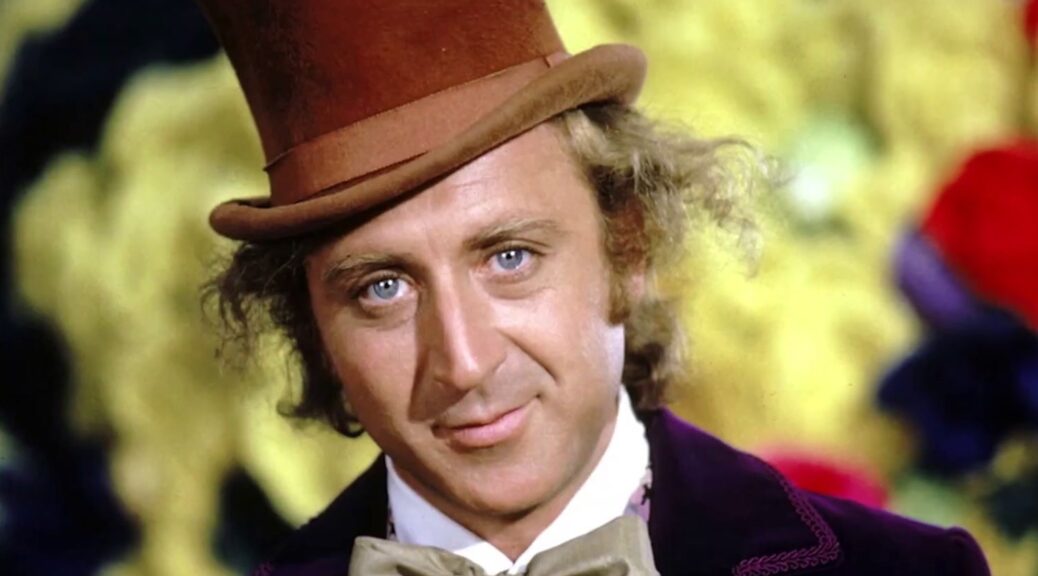Remembering Gene Wilder
by Hope Madden
Maybe the smartest choice director Ron Frank made when putting together his affectionate documentary Remembering Gene Wilder was to pull audio from Wilder’s own autobiography. Sure, we hear from many who loved the comic actor—Mel Brooks, Carol Kane, Alan Alda among them. But everything they tell you about his authenticity, humility, humanity, and perfect comic timing you can hear for yourself as Wilder spills the beans on his life.
You remember the hair, of course. And probably those eyes. But that voice proves, in case you have forgotten, that there was something deeply, bubblingly, undeniably delightful about Gene Wilder. And he could act.
Frank, working with writer Glenn Kirschbaum, hand picks some of Wilder’s best scenes. Not necessarily the most iconic, but the most confounding, the scenes where he made a creative decision no one else would have considered, creating an indelible moment on screen.
This is a film that loves Gene Wilder, and it makes a pretty good case for that.
We hear about is childhood, about Willy Wonka, Young Frankenstein, Richard Pryor, Gilda. Each story showcases the gentle, charming creature that was Gene Wilder. Though Frank doesn’t break any new ground cinematically—talking head interviews flank home movies, film clips surround family photos—the mellow approach belies a deep emotional connection.
Remembering Gene Wilder is not just a greatest hits. Although the film does not delve into any of the actor/director’s box office or critical missteps—nor does it devote a single moment to anything that would make Wilder out to be anything other than a treasure—it acknowledges low times. Even those just make you want to hug him.
Not every film or character of Wilder’s has aged well, but his good nature and talent shine none the dimmer. Remembering Gene Wilder certainly does not unearth any ugliness, bares no startling truths. It’s clearly the product of a filmmaker who truly loves his subject.
He doesn’t seem wrong, though.




